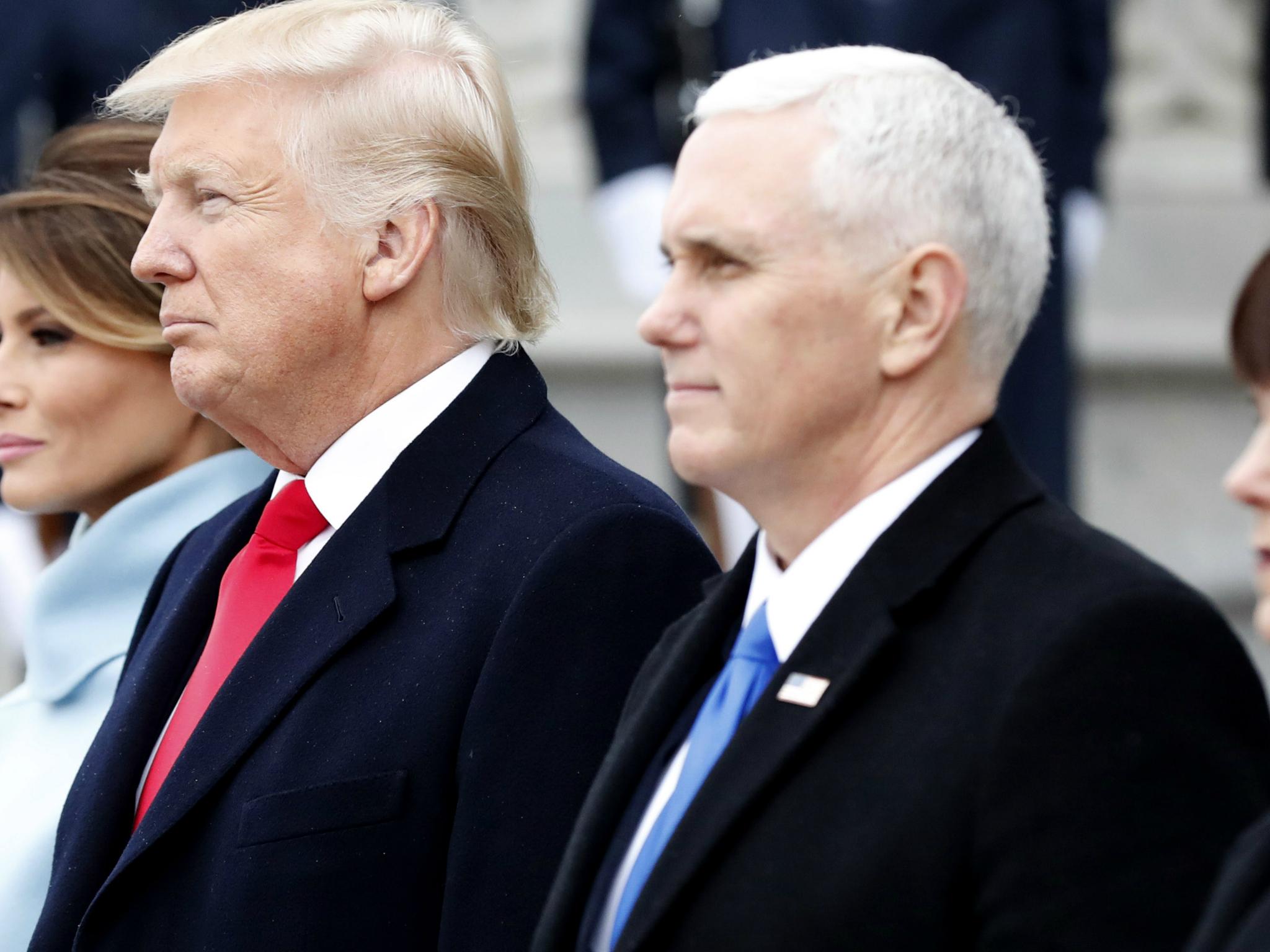Donald Trump's election fraud commission sued by civil rights group
The ACLU has filed a lawsuit over the commission's alleged lack of transparency

Your support helps us to tell the story
From reproductive rights to climate change to Big Tech, The Independent is on the ground when the story is developing. Whether it's investigating the financials of Elon Musk's pro-Trump PAC or producing our latest documentary, 'The A Word', which shines a light on the American women fighting for reproductive rights, we know how important it is to parse out the facts from the messaging.
At such a critical moment in US history, we need reporters on the ground. Your donation allows us to keep sending journalists to speak to both sides of the story.
The Independent is trusted by Americans across the entire political spectrum. And unlike many other quality news outlets, we choose not to lock Americans out of our reporting and analysis with paywalls. We believe quality journalism should be available to everyone, paid for by those who can afford it.
Your support makes all the difference.A civil right groups have filed a lawsuit against Donald Trump's voter fraud commission.
The American Civil Liberties Union (ACLU) is suing the Presidential Advisory Commission on Election Integrity, claiming that the 15-member commission led by Vice President Mike Pence is not being as transparent as it could be.
The commission held its first meeting in private with no notice to the public, an alleged violation of Federal Advisory Committee Act that requires all advisory committee meetings to be open to the public and listed in the Federal Register in a timely manner.
In the lawsuit the ACLU said Mr Pence had a 90 minute teleconference call on 28 June with members.
The lawsuit has been filed in the US District Court of the District of Columbia.
Donald Trump formed the commission in May 2017 via executive order to investigate his claims of voter fraud in the 2016 US election. Mr Trump lost the popular vote by three million votes to Hillary Clinton, but won the electoral college and thus the presidency.
He has repeatedly claimed that voter fraud was a problem and benefited Ms Clinton, despite his win. He said ""we have a lot to look into" regarding the deceased, illegal voting by immigrants and undocumented persons, and voters registered in multiple states.
The White House has not provided information to support its claim of "millions" of illegal ballots cast but in January 2017 Mr Trump told ABC News "none of them came to me".
In fact, several studies and analyses done by several universities and the non-partisan Government Accountability Office all said the same thing: voter fraud or impersonation of voters is extremely rare.
In that meeting, Vice Chairman Kris Kobach, also the Kansas Secretary of State, notified members that the commission would request states for the personal information of registered voters, which included names, addresses, party affiliations, and the last four digits of social security numbers.
Since the 14 July letter request, 44 states and the District of Columbia have refused to turn over the data, voicing privacy concerns.
Kentucky Secretary of State Alison Lundergan Grimes said on MSNBC that "there's not enough bourbon here in Kentucky to make this request seem sensible."
The Act also requires that there be a balance of opinion; "that the advice and recommendations of the advisory committee will not be inappropriately influenced by the appointing authority or by any special interest."
The ACLU is alleging that the commission is heavy with individuals supporting the claim that voter fraud is a rampant problem.
In its complaint the ACLU has asked for the commission's "records, reports, transcripts, minutes, appendixes, working papers, drafts, studies, agenda, or other documents" be made publicly available.
A separate lawsuit has been filed by the Electronic Privacy Information Center to ensure that states do not share the private data of registered voters, according to The Hill newspaper.
Join our commenting forum
Join thought-provoking conversations, follow other Independent readers and see their replies
Comments